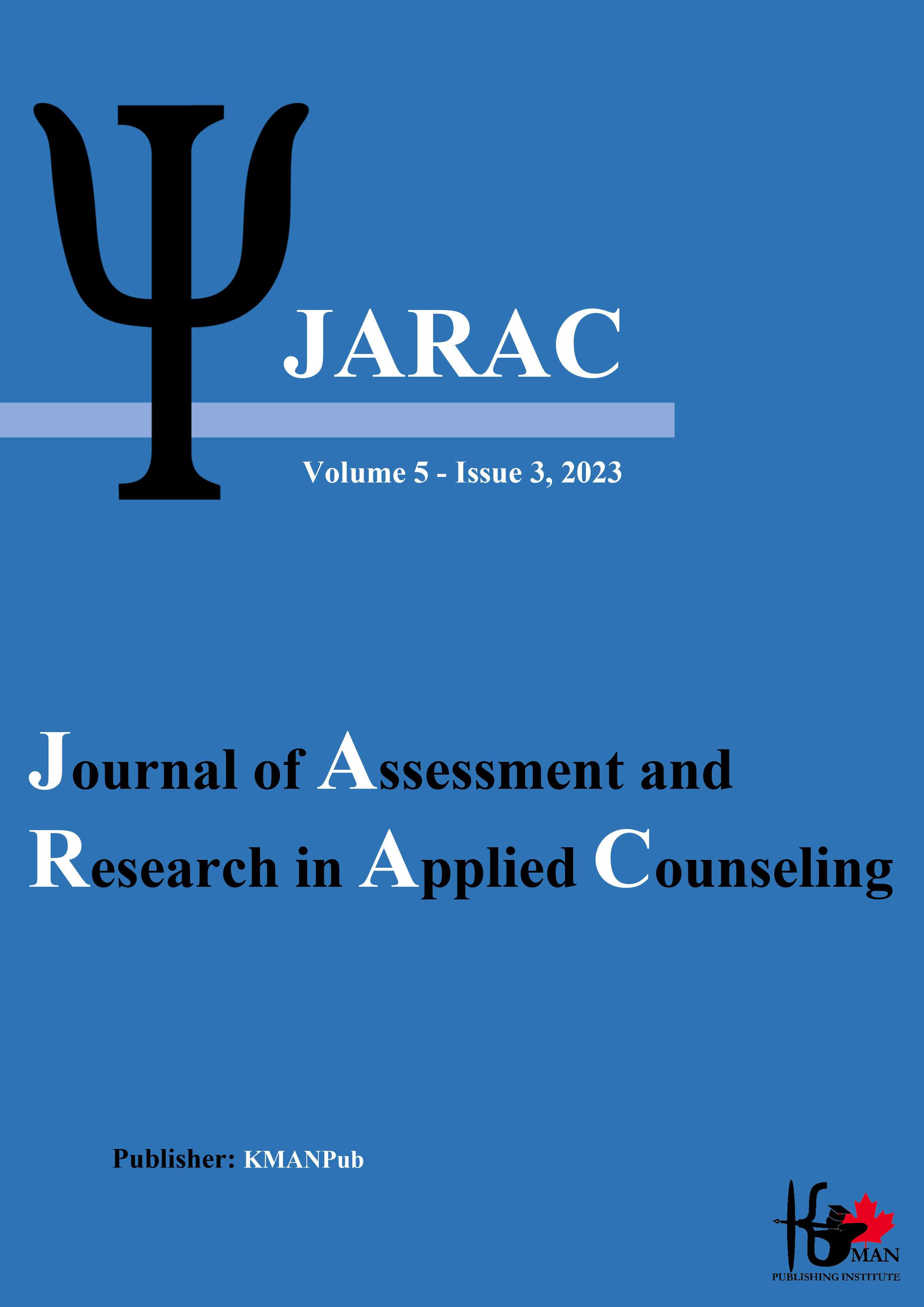Determining the Effectiveness of a Grounded Theory-Based Intervention Protocol in Enhancing Psychological Status and Improving Performance in Patients with Irritable Bowel Syndrome
Keywords:
Irritable Bowel Syndrome, performance, psychological status, Grounded TheoryAbstract
Objective: The present study aimed to determine the effectiveness of a Grounded Theory-based intervention protocol in enhancing the psychological status and performance of patients with Irritable Bowel Syndrome (IBS).
Methods and Materials: The research employed a quasi-experimental design with pre-test and post-test measures, a control group, and a 2-month follow-up. The study population for both the quantitative and qualitative aspects included all individuals with IBS visiting the Rah Ehya Neurology and Psychiatry Clinic, Shahid Tajrish Hospital, and Behbood Gastroenterology Clinic in Tehran during Fall and Winter 2022. Additionally, published literature on IBS patients was used for the qualitative analysis. The qualitative sample consisted of 12 IBS patients selected through purposive sampling and interviewed using a semi-structured format. This also included 21 relevant published articles that were subjected to thematic analysis. The quantitative sample comprised 28 IBS patients selected through purposive sampling and randomly assigned to either the experimental group or the control group. The intervention protocol was administered to the experimental group over 8 sessions of 60 minutes each, spanning 8 weeks. The study utilized the Depression, Anxiety, and Stress Scale (Lovibond & Lovibond, 1995), Quality of Life Scale (World Health Organization, 1994), Worry Scale (Meyer et al., 1990), Problem-Solving Questionnaire (Hepner & Petersen, 1982), and the Physical Health Symptom Scale (Spiller et al., 2010). Data analysis was conducted using SPSS version 23, employing descriptive statistics, mixed-design ANOVA, and Bonferroni post-hoc tests.
Findings: Results indicated that the developed intervention protocol had a significant impact on the quality of life, psychological distress, problem-solving skills, worry, and performance of patients with IBS (p < 0.001).
Conclusion: The Grounded Theory-based intervention protocol demonstrated sufficient capability to enhance the psychological status and performance of patients with Irritable Bowel Syndrome.
Downloads
Downloads
Additional Files
Published
Issue
Section
License
Copyright (c) 2023 Yasaman Ghorbani Ashin (Author); Mohammadreza Seirafi (Corresponding Author); Khadijeh Abolmaali Alhosseini , Morvarid Ahadi (Author)

This work is licensed under a Creative Commons Attribution-NonCommercial 4.0 International License.















